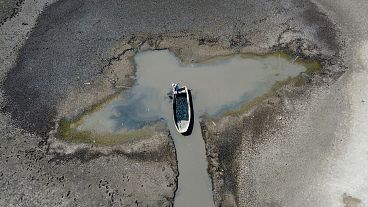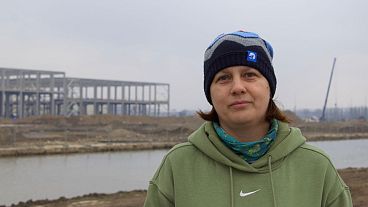The study also found inadequate engagement with climate-focused careers in English schools.
Girls are more likely than boys to respond to lessons about climate change - but they are also more likely to worry, according to new research.
The report, led by a team from University College London (UCL), investigated the experiences of students in English schools and their perceptions of climate change.
The survey of 2,429 11 to 14-year-olds found that 36 per cent of pupils said they worry ‘a lot’ or ‘all the time’ about what the world will be like in the future. Half said they worry ‘a little’ and, when asked if they thought adults were doing enough to look after the environment, 53 per cent said this made them anxious.
Girls reported significantly higher levels of worry (44 per cent) than boys (27 per cent). Children from lower socioeconomic groups were also less likely to value or enjoy learning about climate change than their more advantaged peers.
“There is very little in-depth understanding of students’ perspectives of, and aspirations for climate change and sustainability,” says Professor Nicola Walshe, executive director of the UCL Centre for Climate Change and Sustainability Education.
“These results form an incredibly important evidence base that we can use to better support schools and teachers.”
Can schools address students’ climate anxiety?
One of the ways researchers think anxiety about climate education can be addressed is by teaching the subject in a broader way. Nearly three-quarters of students expressed a desire to learn more about climate change and sustainability at school - especially if it involved more time outside the classroom in nature.
There were, however, further differences between girls and boys in the topics they wanted to learn more about.
“Three-quarters of the girls surveyed wanted to learn about how climate change impacts human health and wellbeing, compared to 60 per cent of boys,” explains Professor Nicola Walshe.
“We know climate anxiety is higher among girls, so a more holistic climate change education that addresses a broader range of areas, including health and wellbeing, may help mitigate young people’s worries.”
The report also identifies a lack of engagement with climate-focused careers in English schools. Just 31 per cent of pupils felt that learning about climate change and sustainability could translate into job opportunities in the future.
Only 17 per cent expressed a desire to pursue a sustainability-related career. Just 14 per cent of less advantaged students saw themselves embarking on a green career path.
How can climate education be improved?
The researchers also examined sustainability education within and beyond the school curriculum.
They have made five key recommendations for policymakers, schools and teachers.
They are calling for the development of green careers provision, more opportunities for student engagement and action within schools and the extension of outdoor learning opportunities across the curriculum.
The study’s authors also recommend that climate change and sustainability education be embedded in all school subjects as well as students’ anxiety, hopelessness and anger about the topic be explicitly addressed.
The results of this survey will also form an invaluable base of evidence for educators and policymakers to draw upon. The UCL Centre for Climate Change and Sustainability Education is using it to inform its own professional development programme for teachers.















